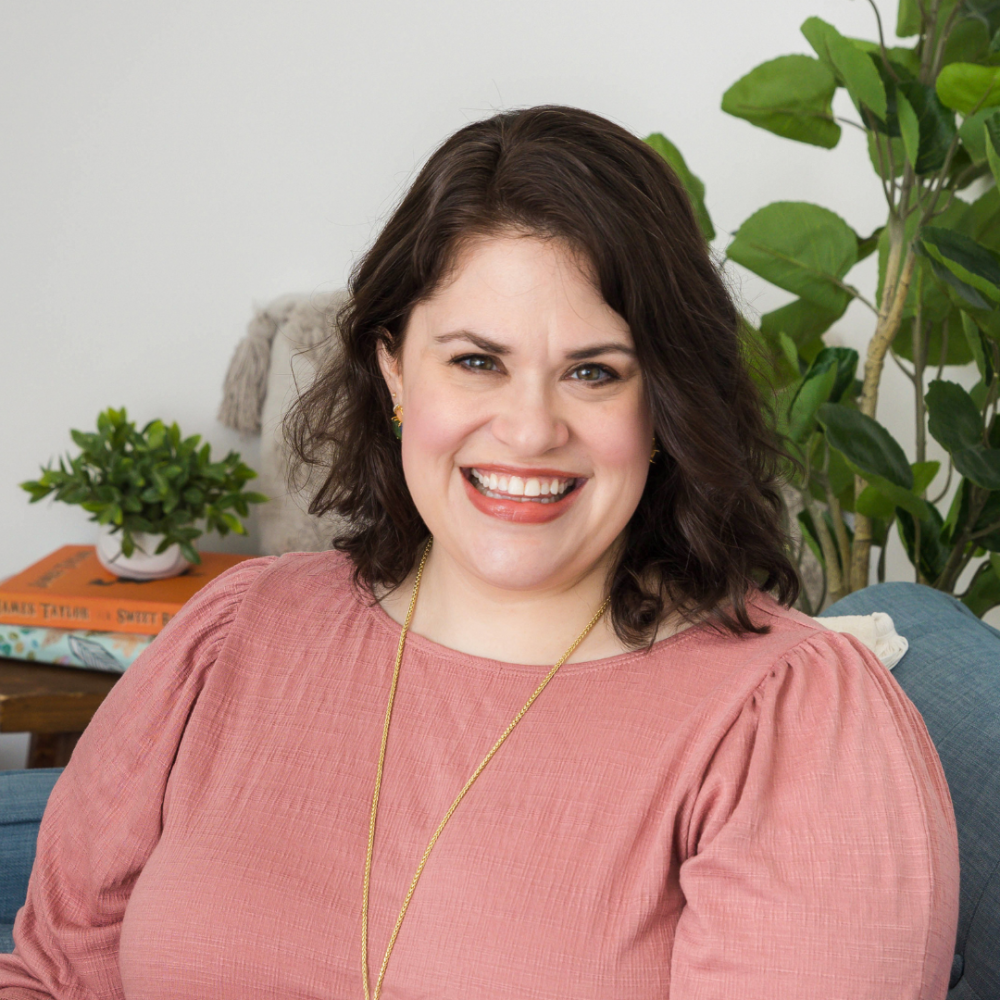
A drive has been started to ensure that all fish and seafood at the 2020 Tokyo Olympics comes from sustainable sources.
If it succeeds, the achievement will be seen as a huge international coup for activists promoting ethical standards in an industry dogged by poor transparency and supply chain traceability.
The effort is headed by the cash-rich David and Lucile Packard Foundation, the California-based NGO formed by the Hewlett-Packard founder and his wife to support non-profits, many of them focused on restoring the planet’s natural systems.
The Olympics campaign is part of the foundation’s push to persuade Japanese businesses to insist on sustainable fish and seafood.
In recent years the foundation has contributed millions of dollars to organisations that encourage sustainability in the industry.
Last year it granted $1.15m (£852,000, €980,000) to Seafood Legacy, a Tokyo group advocating partnerships between businesses and sustainability NGOs, and $975,000 to the Oregon-based Ocean Outcomes, an international non-profit with similar aims, to implement fishery improvement projects in Asia.
The foundation’s Japan objectives have focused on helping businesses and NGOs to create a sustainable fish and seafood market, rewarding fisheries for ethical practices, and influencing international policies against illegal catches.
Although the foundation leads the Olympics campaign, it has recruited many participants, believing the message is more effective if it comes from various groups.
In the US, a partnership of fish and seafood industry representatives, national governments and NGOs has been created to share best practice and collaborate on fighting illegal activities.
The Seafood Alliance for Legality and Traceability, being known as Salt, will concentrate on supply chain transparency and traceability.
Tobias Aguirre, chief executive of FishWise, a California group promoting clean oceans, which is co-ordinating the alliance, said: “Salt will catalyse solutions that transform how the seafood industry and governments collect, share, verify and ultimately utilise data in the pursuit of sustainable fisheries.”
The alliance has substantial backers. The government Agency for International Development is giving $1.1m for the first year, and at least $1m a year is coming from the Walton Family Foundation, the social improvement body in Arkansas established by Walmart’s founders.
The Walton money will go to programmes with Salt involvement in Peru, Chile, Mexico, Indonesia, Japan and Spain as well as the US.
Teresa Ish, the foundation’s oceans programme officer, said: “Traceability is a critical component of an efficient, modern and sustainable seafood industry.”
Salt members are now meeting to formalise policies.

Megan is a writer and editor interested in sharing stories of positive change and resilience. She is the author of Show Up and Bring Coffee, a book highlighting how to support friends who are parents of disabled children. You can follow her at JoyfulBraveAwesome.com.














